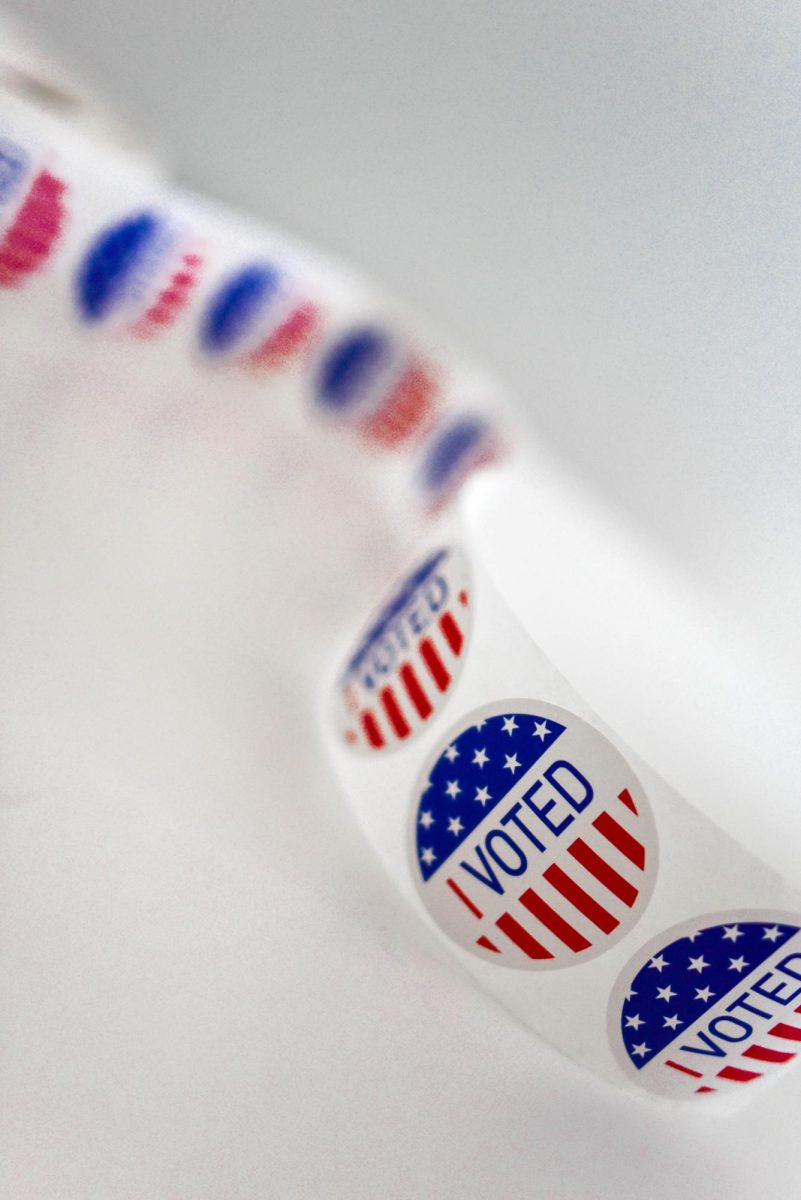By Meilan Solly
LEESBURG, VA- Pokes, statuses, and tweets, oh my! Twenty years ago, if you’d have used these words, people would have taken their meanings literally. Pokes would be stabbing your finger into someone’s stomach, statuses would be the current state of a problem, and tweets would be the sound birds make. Today most people are aware that pokes and statuses are both communication tools on Facebook, and tweets are messages released through Twitter.
According to the Pew Research Center for the People and the Press, more than half of “Generation Nexters” (18-25 year olds) have used one or more social networking sites, and 44% have created a profile. This is a vast change from twenty years ago, when sites such as these didn’t even exist.
With the introduction of new technologies such as e-mail, instant messaging, blogs, and MySpace, the general idea of relationships is changing quickly. A friend, as defined by Facebook, is not necessarily a friend, but maybe an acquaintance, or even a complete stranger. Teenagers especially have hundreds, or even thousands of Facebook friends, most of whom they never talk to. However, many males and females do use tools like Facebook to communicate with people who are their friends in real life.
“I think that friendships grow stronger and better [because of new technologies], mainly because you and your friends get to communicate more without just seeing [each other] at school,” says Melina Minhas, a freshman. It’s true that friends can communicate more, since the ease of contacting each other increased greatly with the introduction of new technologies. Nancy Ferguson, a mother of two teenagers, uses basic networking tools to communicate with friends, i.e. a cell phone, e-mail, and Facebook. She likes that kids are accessible because of the new tools, but thinks these tools can become negative influences if parents don’t set boundaries. As for how new technology affects her own friendships, Ferguson says, “It’s nice to be able to check in on people.” However, she admits that she spends too much time on the computer because it’s so easy to get to.
As with most topics, there are pros and cons to social networking tools. In a New York Times article entitled “Do You Feel Awkward Talking to Your Friends in Person?,” a boy named Ryan liked communicating through texting better, because “talking in person is much more awkward…we are exposed to their facial expressions and attitudes, instead of texting and just guessing how they meant to say something.” Melina Minhas says a pro of being able to communicate 24/7 is getting closer to your friends, but a con is that homework never seems to get done. Nancy Ferguson likes texting and Facebook because she can leave messages for people at her convenience. However, she thinks that privacy is an issue when it comes to Facebook, since people share pictures with hundreds of people, and can see the profiles of “friends of friends and even friends of friends of friends.”
A major question about technology’s effects on friendship is if relationships today are stronger or weaker. Minhas says, “[Technology] weakens relationships because it makes people more cowardly, but at the same time, it strengthens a relationship because you and your friends get to socialize more.”
One area in which Facebook is starting to cause communication problems between friends is in colleges. Tension is caused if one roommate posts a status such as, “My roommate’s music kept me up all night.” The post is public and can be viewed by the said roommate and countless others. A New York Times article quoted Tom Kane, the director of housing at Appalachian State University in Boone, N.C., “We have students who are mad at each other and they text each other in the same room.” He thinks that kids today don’t know how to negotiate problems, which could be due to the decrease of face-to-face communication.
Facebook, Twitter, MySpace, and text messaging are all words that meant nothing twenty years ago. Today however, they define a generation. While teenagers and young adults use these new technologies much more than adults, there are very few middle-aged adults who haven’t at least heard the word Facebook. Because of all these new technologies, communication has increased. However, it has transitioned from face-to-face to electronic words. Therefore, the definition of friendship has changed. It’s easier to hurt feelings, since you can hide behind the printed word. New technologies affect friendships in a drastic way, but the positive and negative effects almost cancel each other out. There is no definite answer as to their effect.





